Today’s brief “musing” looks at a story from Pew Research Center I featured in Dispatches from the Future of Museums last week: Are churches key to solving social problems? Fewer Americans now think so.
Summary of the trend: Since 2001, there has been a 17% decline in the percent of US adults who say churches, synagogues and other houses of worship contribute “some” or “a great deal” to solving important social problems, and an 18% rise in the percent who feel these institutions contribute “not much” or “nothing.”
This is tied in part to the rise of the percent of the population who identify as religious “nones” (not affiliated with any organized religions), but the erosion in confidence in religious institutions as key problem-solvers is reflected in religiously-affiliated adults as well.
Why did this story catch my attention? This trend bears on the future of nonprofits, and nonprofit status as a whole. If trust in religious organizations as agents of social change continues to decline, along with the number of people who identify with particular religions, the sacrosanct status of churches as nonprofit institutions may come into question. These questions are also fueled by the backlash to our recent advance in civil rights (such as the legalization of gay marriage), as some conservative religious institutions to request exemptions from compliance with such laws. Such requests highlight the inherent tension in asking the government to determine what constitutes a valid religion
What does it mean for museums? This trend is both a threat and an opportunity.
- On one hand, a decline in confidence in organized religion as agents of social good is one more force that may push the US to reexamine tax exempt status–who gets it, what it means–more generally.
- On the other hand, this decline is an opportunity for museums, as trusted public institutions, to step up and fill the gap. I suspect that a similar survey asking about what museums, collectively, contribute to solving important social problems would reveal that we have a lot of room for growth–room that we can and (in my opinion) should fill!
Read the Pew report and see what you think.
Monday musings are my way of sharing “brain blorts”: brief, off-the-cuff thoughts about something I have read (or in this case, heard) recently, both to help clarify my thinking an in the hopes of generating discussion and response. I give myself 15 minutes or so to jot down a summary of the article(s) stuck in my brain, and outline why I think they may be important.

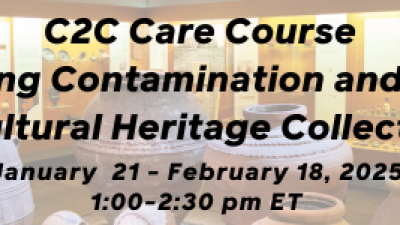
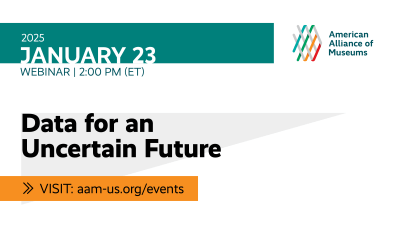
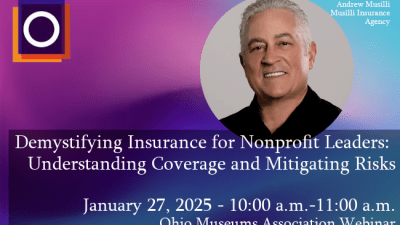
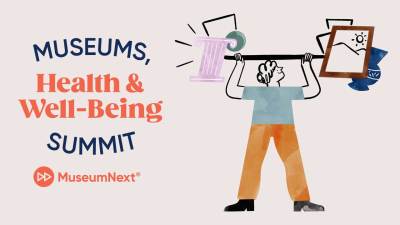
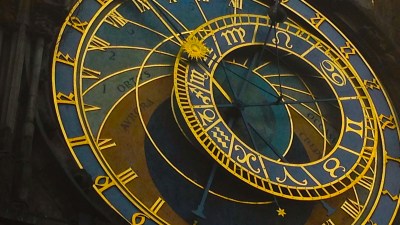

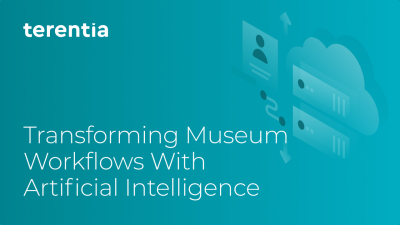

tax exemptions are awarded on a variety of bases. The conflation is a non sequitur
"social good" is like "beauty" its in the eye of the beholder as are the many rationales for museums' existence.
the question, though, for museums may be worth pursuing given the expansiveness of the areas covered by museums and who supports them and why.